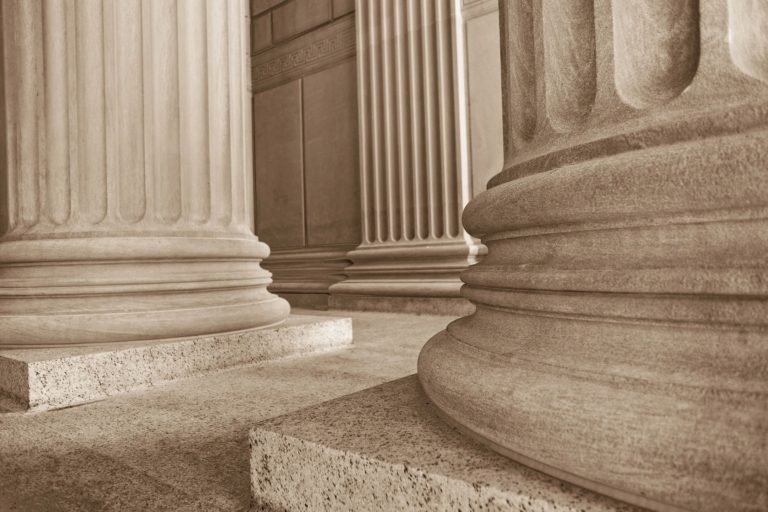Most formerly incarcerated people are released owing thousands in debt. Bail debt, along with court fines and fees pile up over time.
One group is trying to help with the invention of the Rolling Jubilee in 2012. The program was created after a global financial crisis when millions of homes and savings were lost.
The program crowdfunded donations and abolished tens of millions of dollars in loan debt.
Next they tried with a program called the Debt Collective, a union that tried to eliminate student debt.
They are now focusing their efforts on private probation debt and so far have erased over three million dollars of probation debt.
In the wake of social injustice and COVID-19, the program is focused on abolishing unjust debt and a racist and predatory criminal punishment system. The program is also a vehicle for political education, so formerly incarcerated people can learn about predatory secondary markets and shady private probation practices. Debt brokers and collectors purchase portfolios of debt at a steep discount and try to collect the full amount.
Incarcerated people are released owing an average of $13,607 in court fines and fees. People on probation often owe fees,
and usually owe money to the state. People who can’t post bail sit in jail without a conviction. Many people are confused by what and who they owe. Women also suffer. The en majority of the incarcerated population in the US is men, it is often the women in their families who end up owing the debt.
The Debt Collective also launched the Abolish Bail Debt tool, a simple online app that when used has the potential to abolish upwards of $500 million of bail debt.
The group wants to form a new debtors’ union to replace the current one.
Abolishing carceral debts will improve entire communities.










